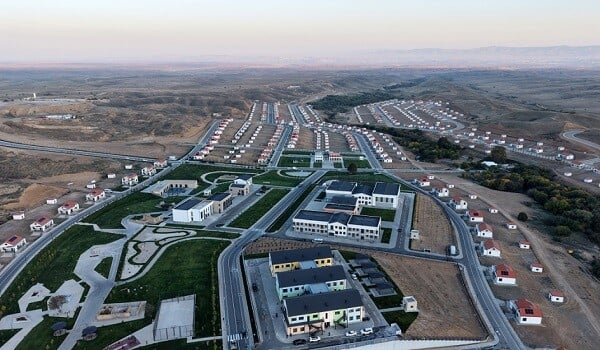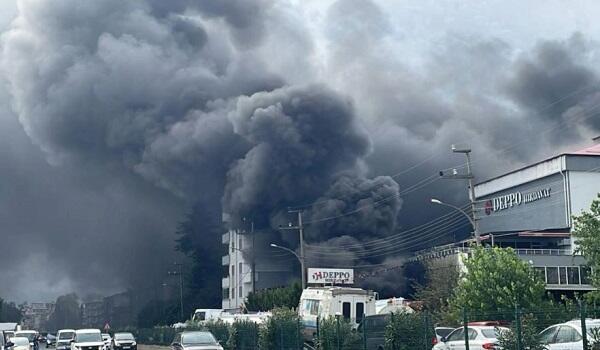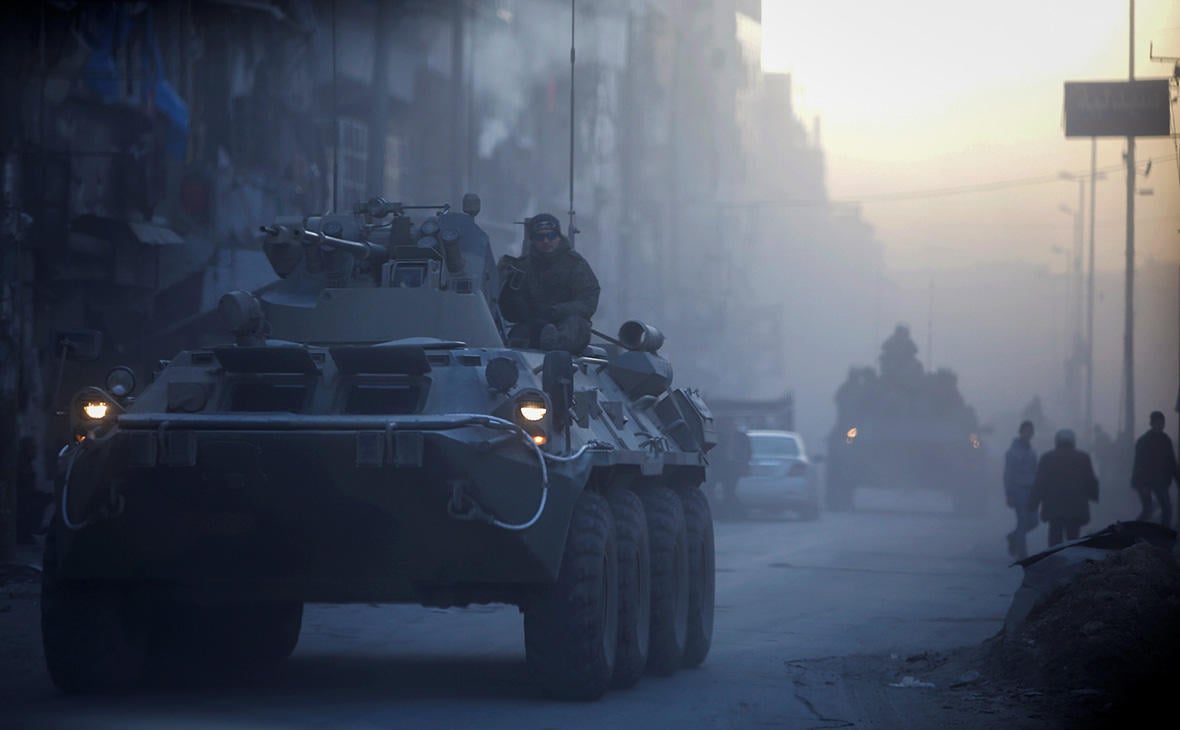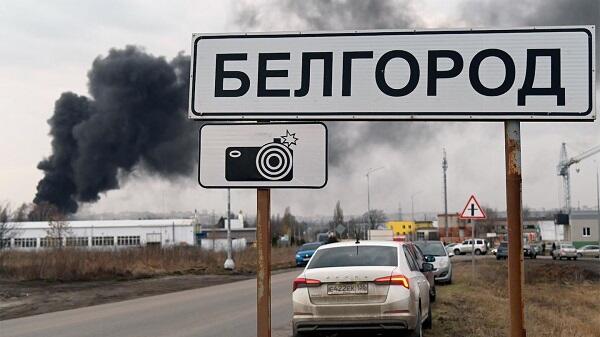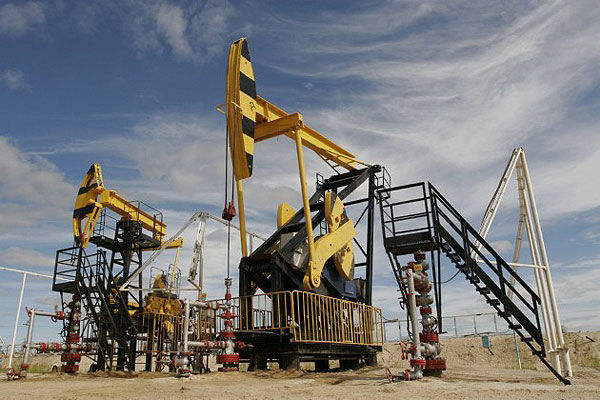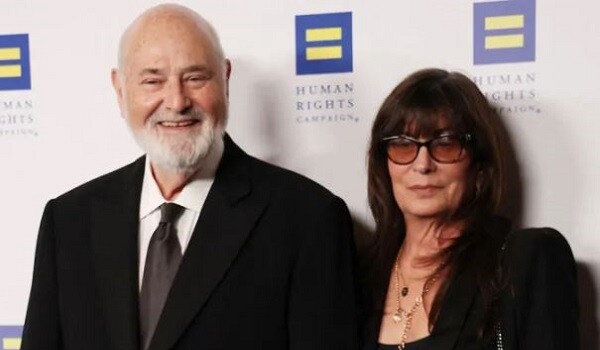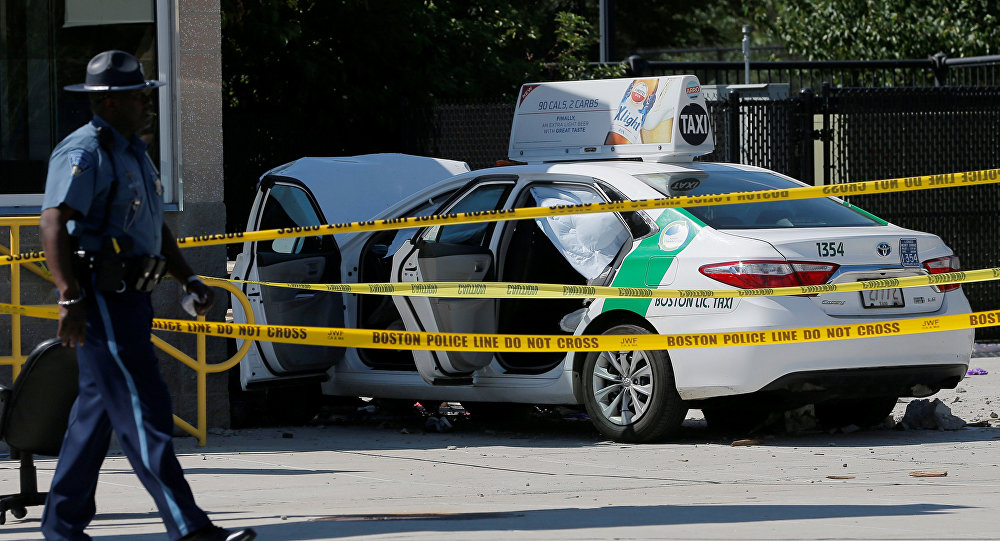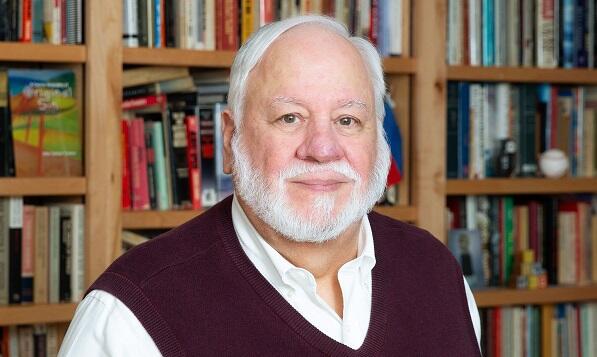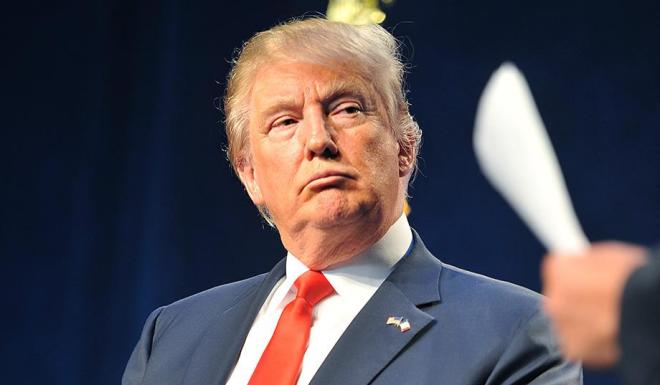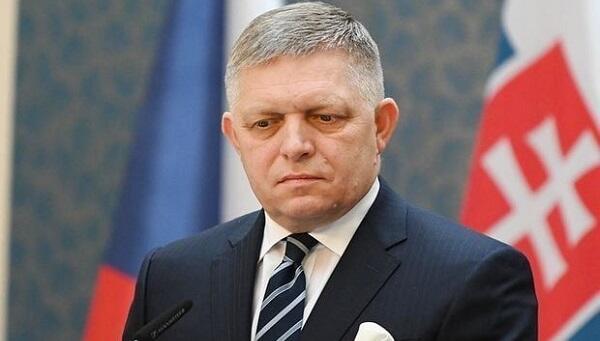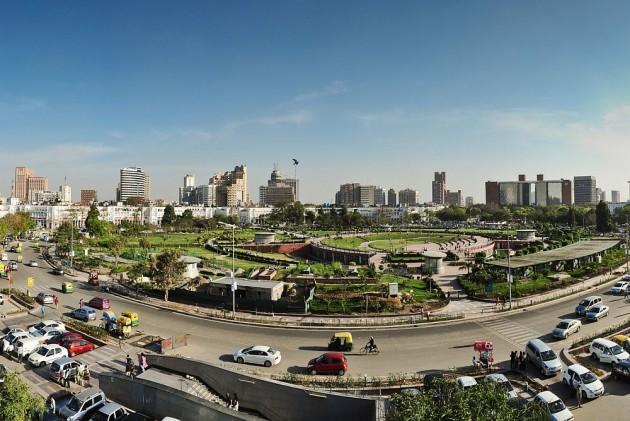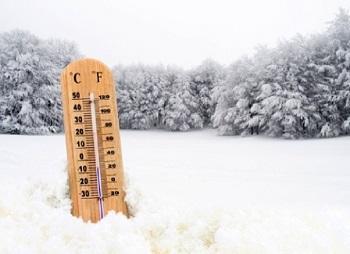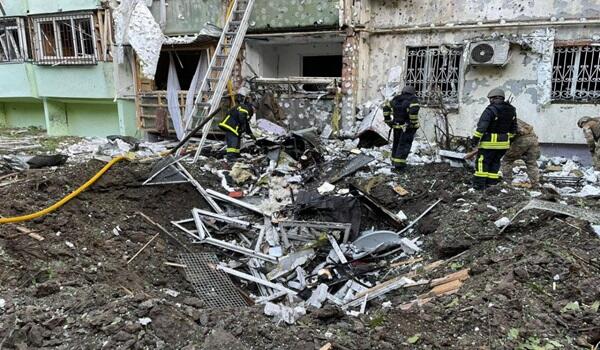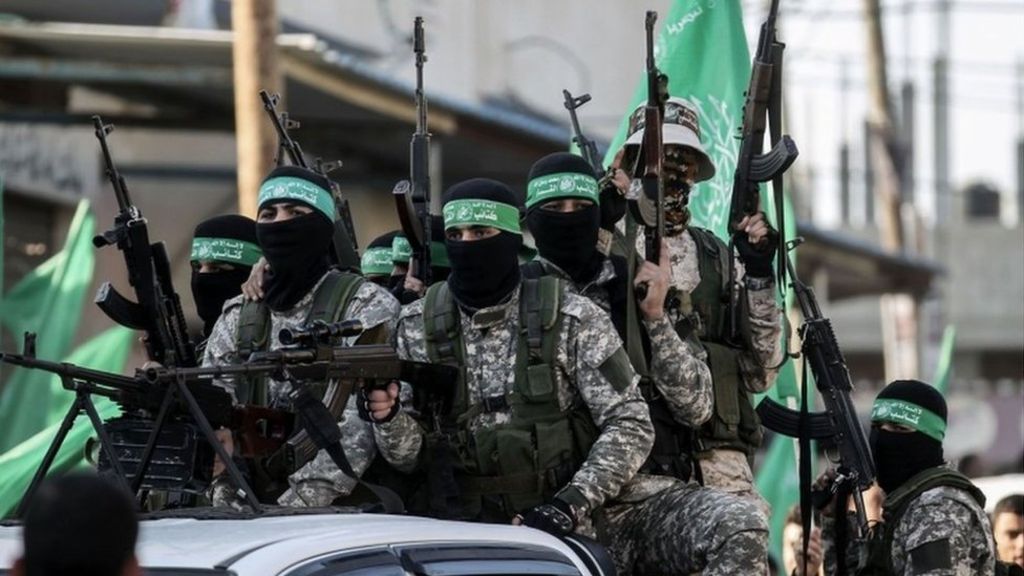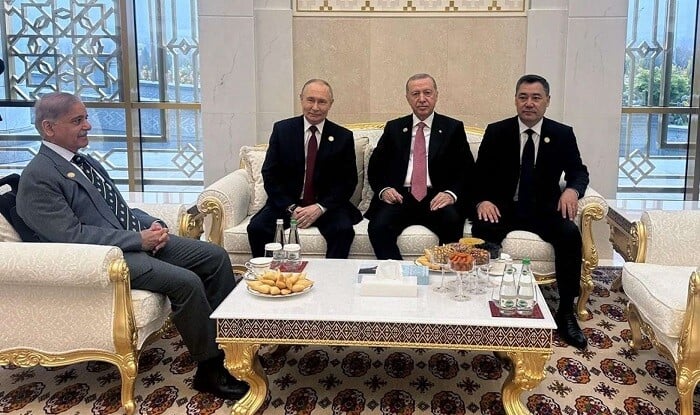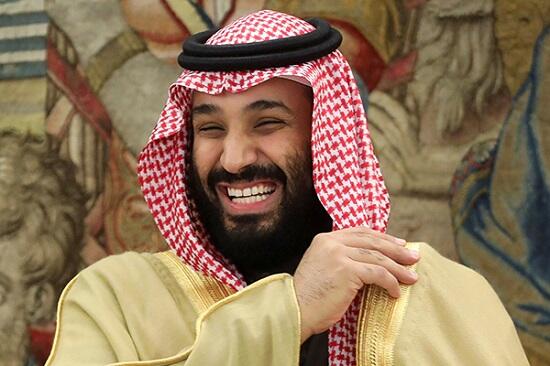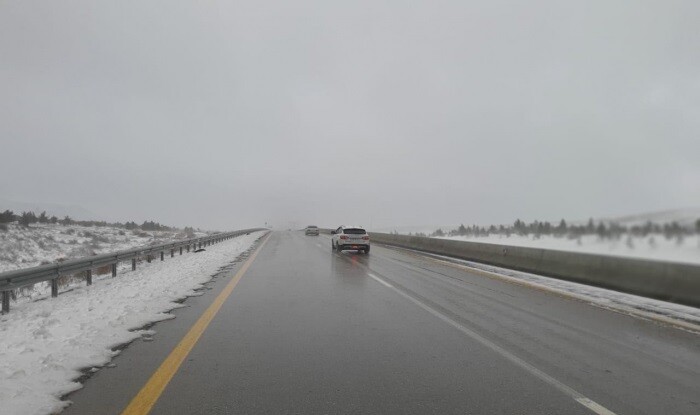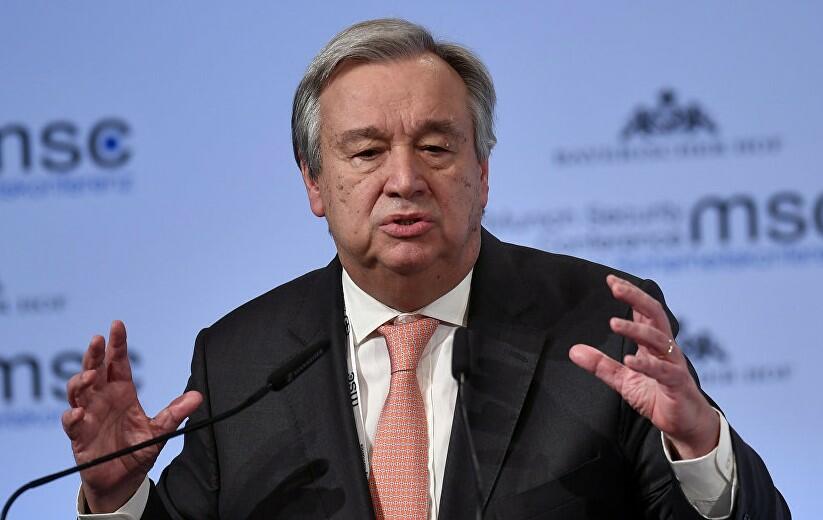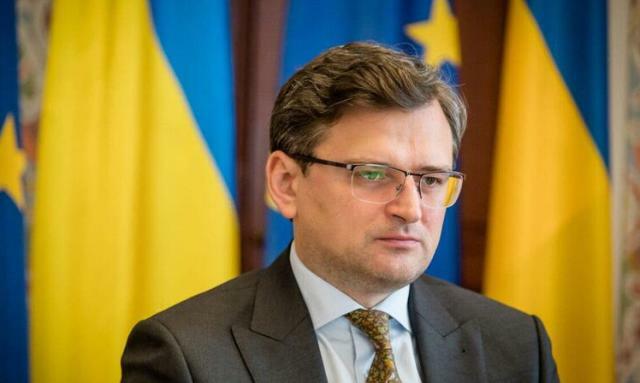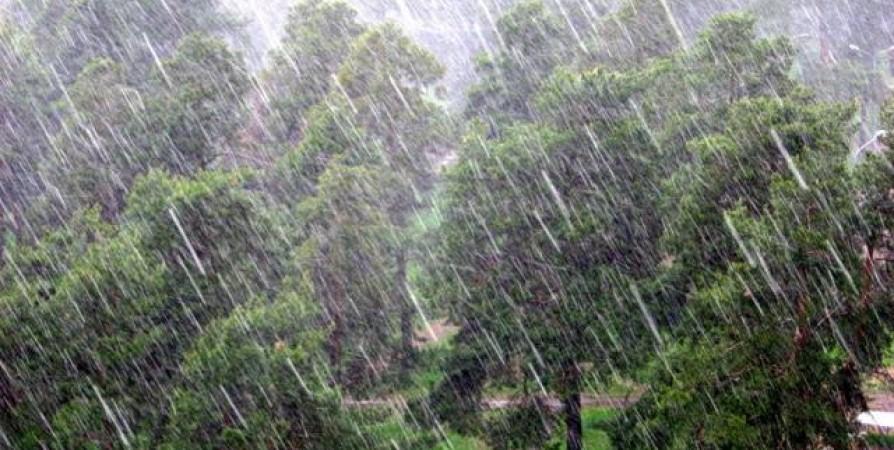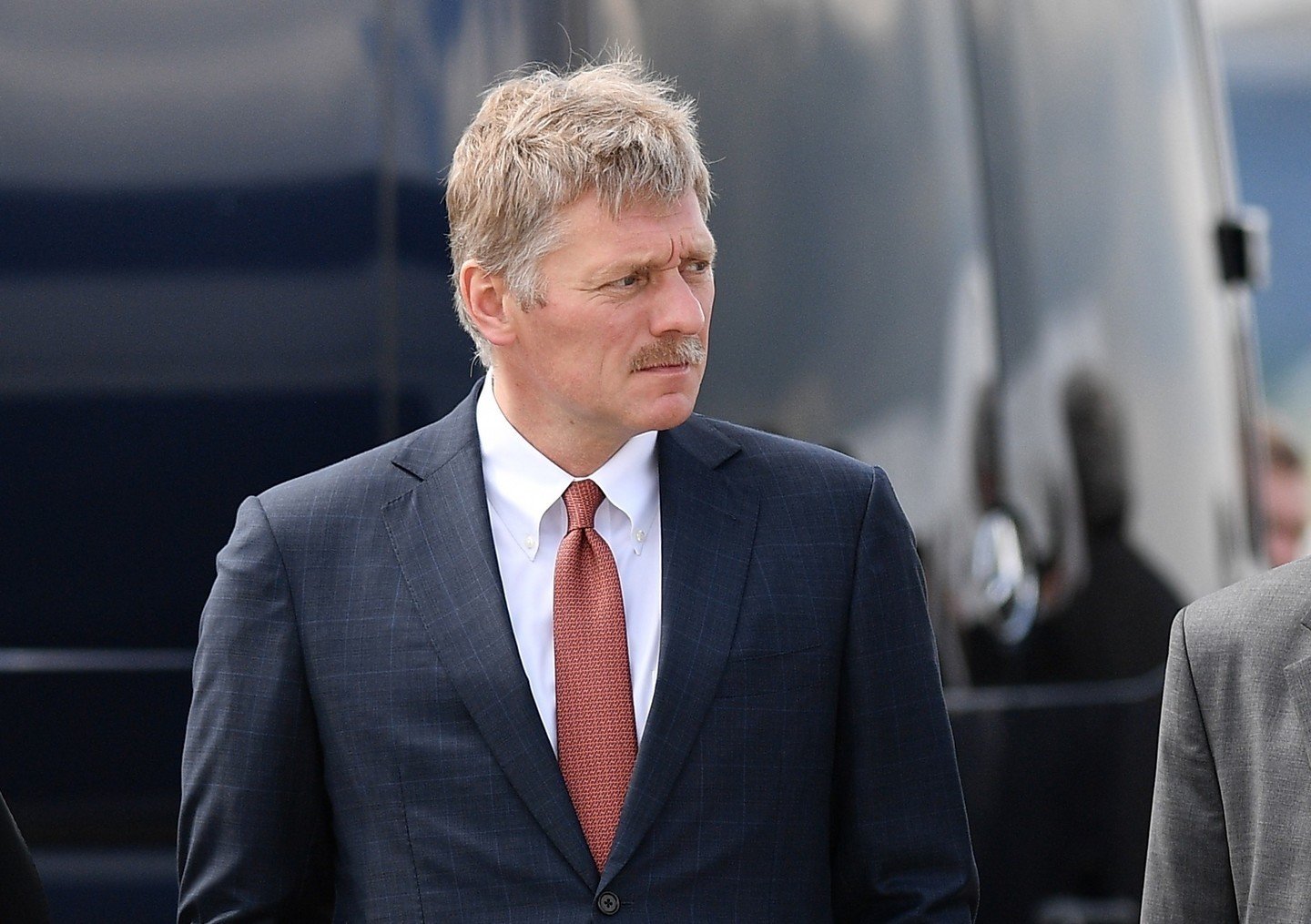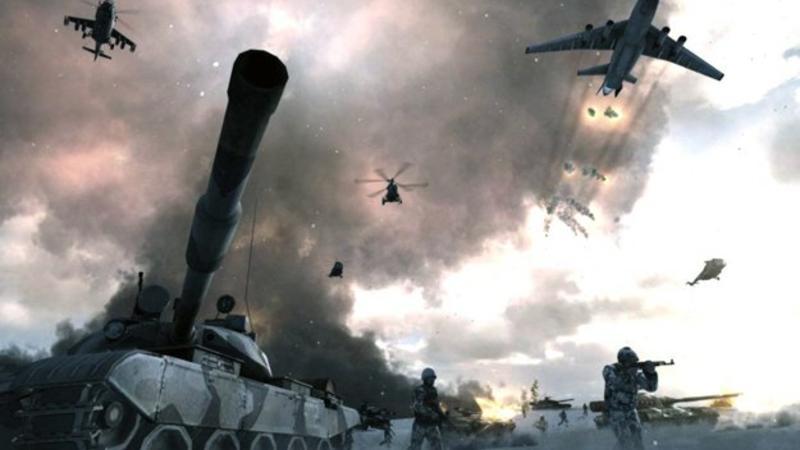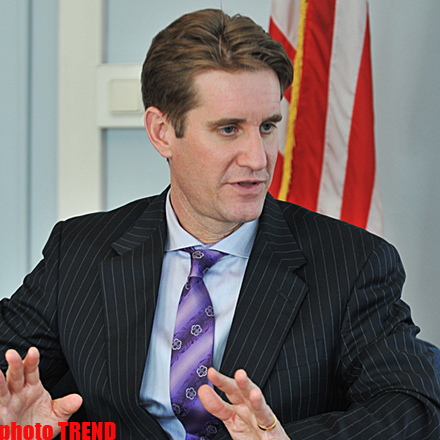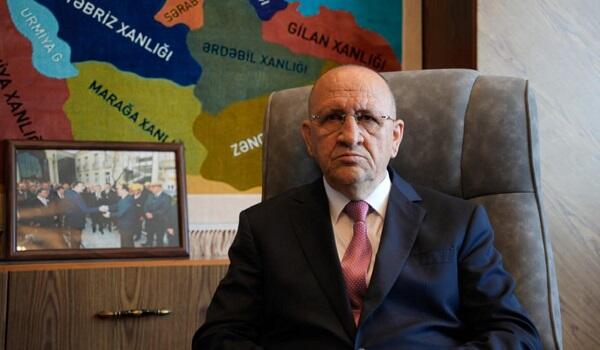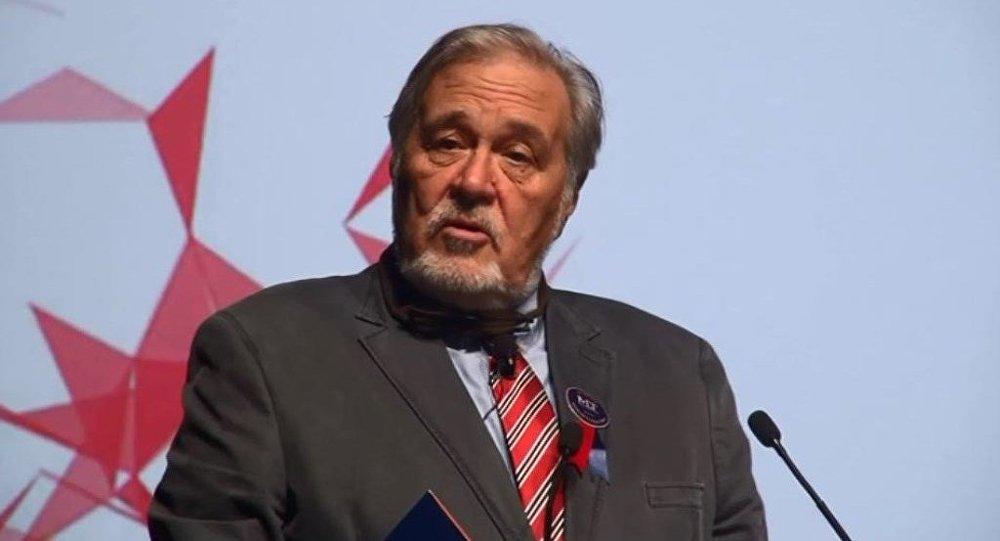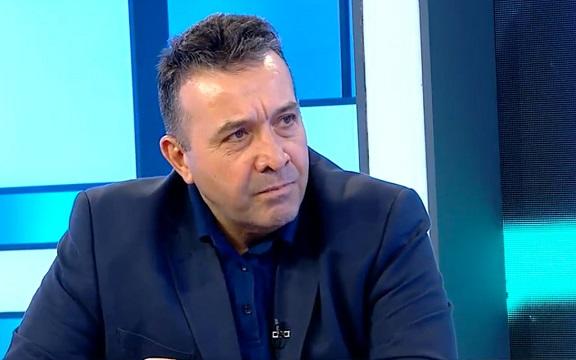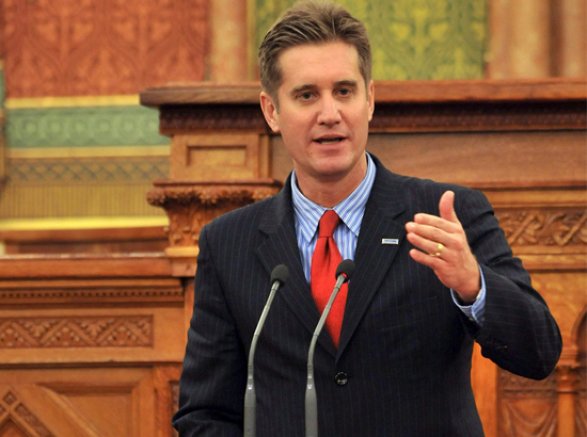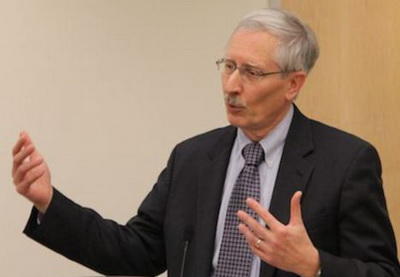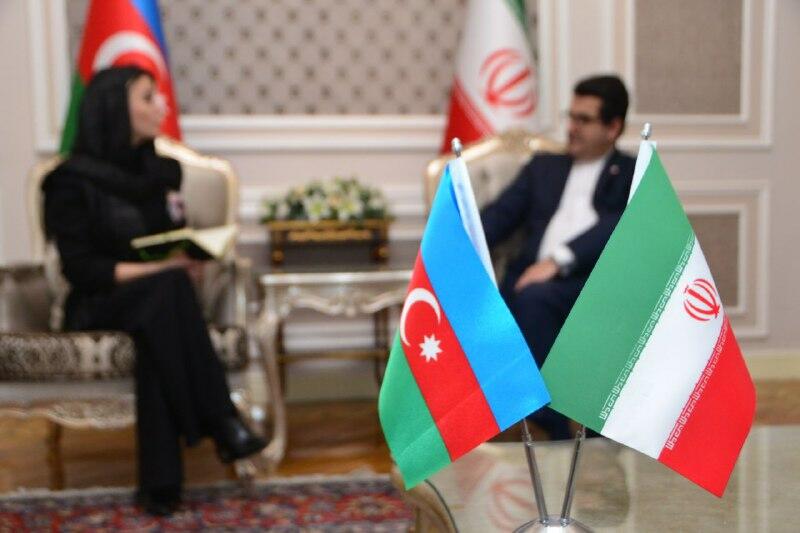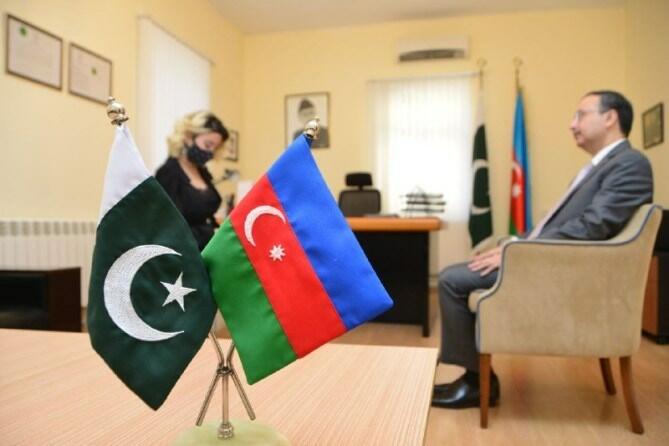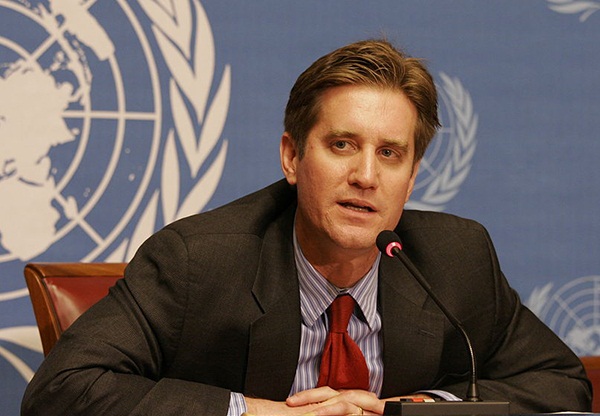The tension between Iran and the US has recently reached a peak with the detention of the British tanker. US Secretary of State Mike Pompeo said Washington will create a new coalition against Iran along with other countries to protect the security and patrol in the Hormuz Strait.
The creation of this coalition what will change? Can the activity of the coalition lead to real military confrontations in the future?
Axar.az interviewed world experts about this issue:
Indian Senior Assistant Professor at Manipal Academy of Higher Education Monish Tourangbam:
Relations between the United States and Iran have been volatile in most cases and edgy at best. There has been a protracted atmosphere of mistrust between the two countries, with vital consequences for peace and stability in the Middle East. The controversial Iranian nuclear program has been at the center of US-Iran differences. Some semblance of understanding and negotiation was brought with the signing of the multilateral Joint Comprehensive Plan of Action (JCPOA), also called the Iran nuclear deal during the Obama administration. However, the Trump administration walked out of the deal, accusing Tehran of not doing enough to assuage international concerns and slapping wide-ranging sanctions on Iran.
Both the US and Iran see each other as major threats to their respective interests, including in conflict zones like Yemen and Syria. While Washington accuses Tehran of supporting terror activities, Iran calls US sanctions against it, as “economic terrorism”.
Lately, fears of US-Iran military confrontation have been brewing at the Strait of Hormuz, a major route for trade in oil and natural gas. While the US force posturing in the region has been a major irritant for Iran, Iran’s asymmetric capabilities have been a primary concern for the US. Recently, the US Secretary of State Mike Pompeo claimed to be building a coalition against Iran, to keep shipping lanes open in the Strait of Hormuz. Meanwhile, an Iran-UK row has been raging, after a British oil tanker was seized by Iran, leading to a number of commentaries on Britain’s response and how far it will align with Washington’s hardball tactics. While a broad coalition against Iran might be easily sold to countries like Saudi Arabia, which has been locked in its own rivalry with Iran, Pompeo’s designs might be difficult to sell to a number of Asian and European countries that are not willing to cross swords with Iran.
Will major US allies and partners be divided over their approaches to deal with Tehran?
Not many countries in the world seem to be comfortable with the ratcheting up of tensions between Washington and Tehran. In the run up to the campaign for the upcoming 2020 US presidential elections, what the current tensions mean for the larger contours of US foreign policy in the Middle East and its dynamics with Iran remains to be seen. Rise of tensions between a global power like the US, and a major energy supplier like Iran, would have serious consequences for countries that do want to annoy the US, but at the same time, do not want to cut off ties with Iran.
Russian analyst, an expert on international relations, Grigory Trofimchuk:
"First of all I should note that Trump's America is always elected everywhere with its own signature - with political weakness. It shows itself in all relations with North Korea, Turkey, Venezuela and Iran.
Although there are military figures like Pompeo and Bolton in the White House, they have only one tactic: threats and warnings against geopolitical rivals!
Over time, US rivals see it and begin to raise their heads. Even further, they send open messages to Washington.
That's why Iran has begun to arrest US citizens, ignoring Western courts. Iran understands that Trump is afraid to go into direct attacks for some reason. But Obama would do it immediately.
Trump is still trying to frighten Iran with words. Mike Pompeo announced to the whole world that the patrul of the Hormuz Strait will be organized by the West Coalition. So what? And if this is really the case, it will be difficult to prevent Iran's exports of raw materials.
If he were a real politician, not a trader sitting in the White House, he would have shot Iran long ago. After the US withdrawal from the nuclear treatment, Tehran is getting stronger every day.
Turkish expert Engin Ozer:
"Iran's keeping of British tankers should be evaluated as an economic step but not a politic. You know, such clashes are crucial for the rise in oil prices. And Hormuz is one of the most important oil routes in the world. A serious confrontation in this sense helps boosting of oil prices. This is vitally important for Iran in recent times. For this reason it is difficult to predict that this was the first time or will be last time. Iran will repeat such cases in the future.
From US or UK's point of view, rising of oil prices is suitable for them also. Because it will cause some kind of disruption to China's economic growth. At the same time, will save Russia from the crisis. Currently, there is no risk of war in the region. The main goal is to prevent Iran from getting out of the economic crisis by raising the pressure on the region. Trump Administration does not support to war. So Pompeo's coalition will be created not for participation in real war, but for embargoes and sanctions.
At present US tactics are to weaken Iran's influence in Yemen, Iran, Syria, the Caucasus, and even in Africa. And I do not think these processes will result in real military operations."
